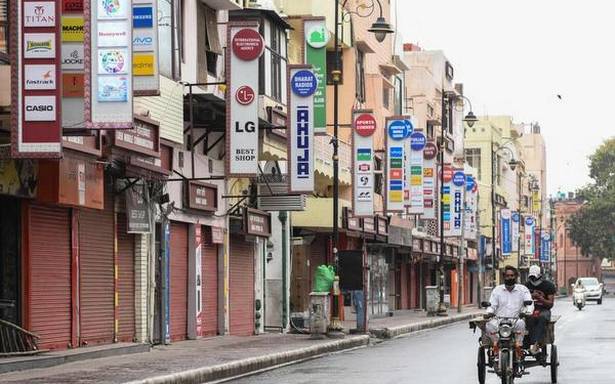Amarinder Singh said it had been decided to continue with the curbs on the advice of experts
Punjab government on Thursday announced extension of the lockdown restrictions in the State till June 10 but ordered the limit on the number of passengers in personal vehicles to be removed, in view of decline in the positivity and number of active COVID-19 cases.
Chief Minister Amarinder Singh said it had been decided to continue with the curbs on the advice of experts. He clarified that while the limit on personal cars and two wheelers was being removed as these are used mainly by family members and close friends, those on commercial passenger vehicles and taxis shall continue to be in place at present. The Deputy Commissioners will also continue to be empowered to make any adjustments in opening of non-essential shops as are merited by local conditions, he said.
The Chief Minister during a COVID-19 review meeting directed the Health and Medical Education departments to continue strengthening the COVID-19 care infrastructure and facilities to deal with a possible third wave of the pandemic.
Captain Singh announced that from June 1, the vaccination priority list for 18-45 age group in Punjab will be expanded to include shopkeepers and their staff, hospitality sector, industrial workers, rehriwalas-street vendors, delivery boys, bus-cab drivers-conductors and members of local bodies.
He said as of date, 4.3 lakh individuals in the existing vaccination priority list of construction labour, co-morbid individuals and families of healthcare workers in this age group had been vaccinated.
As far as existing vaccine stocks were concerned, the State only had a balance of 36000 Covishield and 50000 Covaxin doses (from those received from the Government of India) for the 45+ age group, and these were sufficient only for a day, the meeting was informed. In the 18-45 age group, so far the State had received 4,29,780 of the 30 lakh doses ordered while no Covaxin dose had been received so far though advance payment had been made for 1,14,190 doses.
Source: Read Full Article

